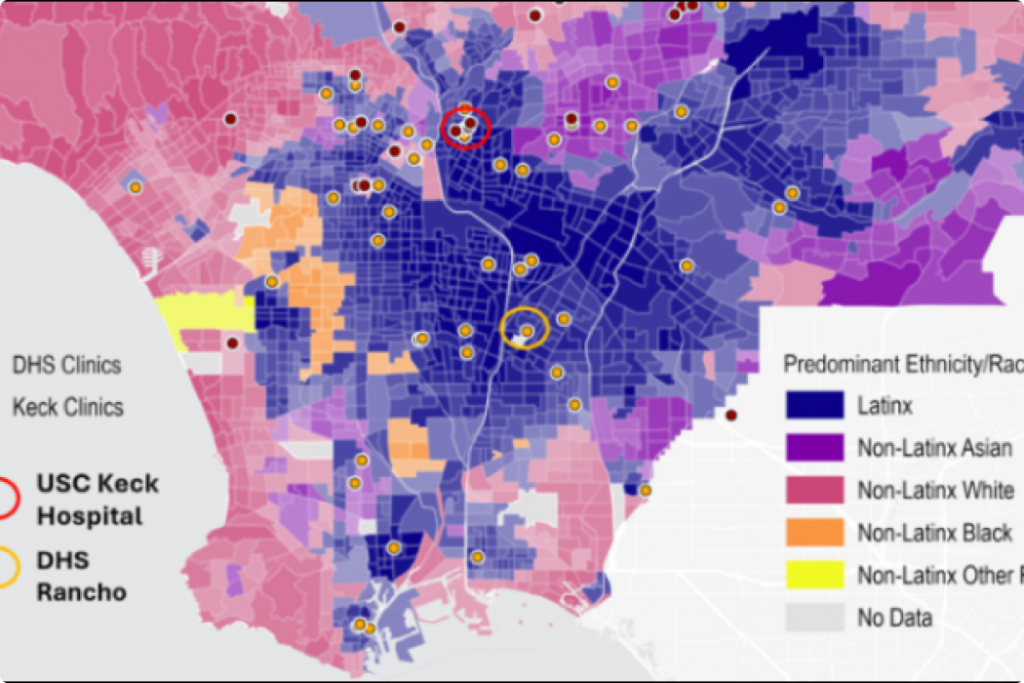History of USC ADRC
Founded in 1984 as one of the first five Alzheimer’s Disease Research Centers designated by the National Institute on Aging, the University of Southern California Alzheimer’s Disease Research Center (USC ADRC) has been at the forefront of ADRD research for decades. USC’s pioneering spirit is bolstered by its historical contributions.
Milestones
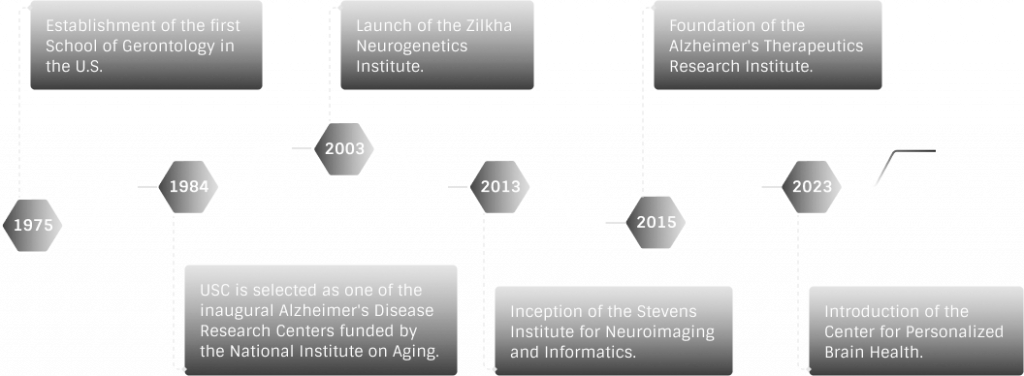
Significance in ADRD Research
Four characteristics position the USC ADRC as a leader in the ADRD research community:
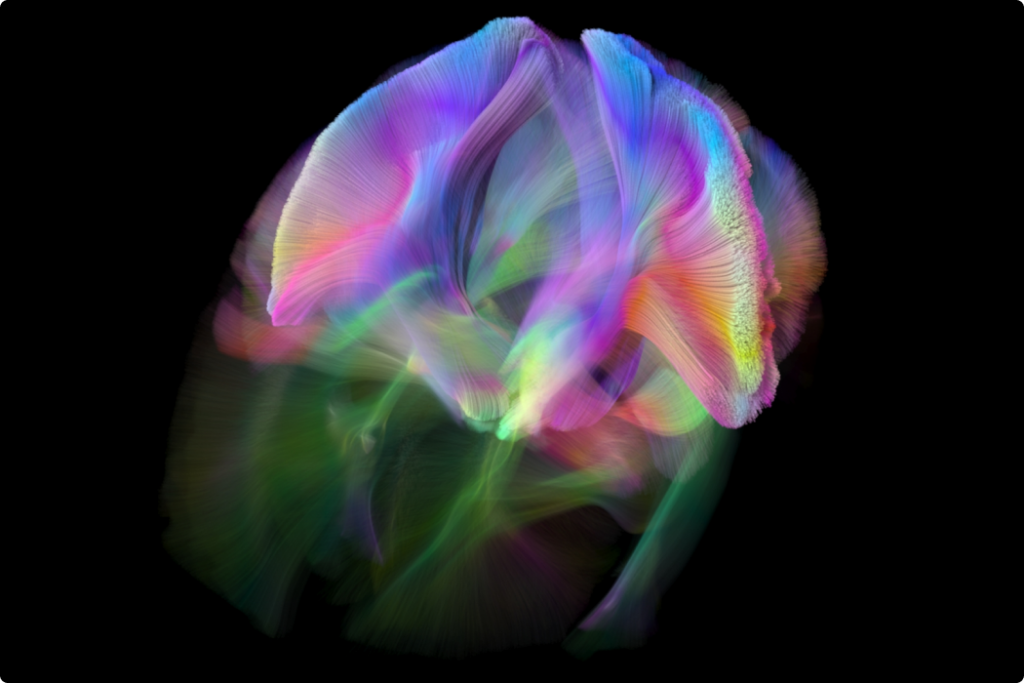
Neuroscience & AD are major strengths at USC.
TThe USC president designates brain health as one of five moonshots. USC has continued to invest in this area and build a robust research infrastructure to support discovery and treatment.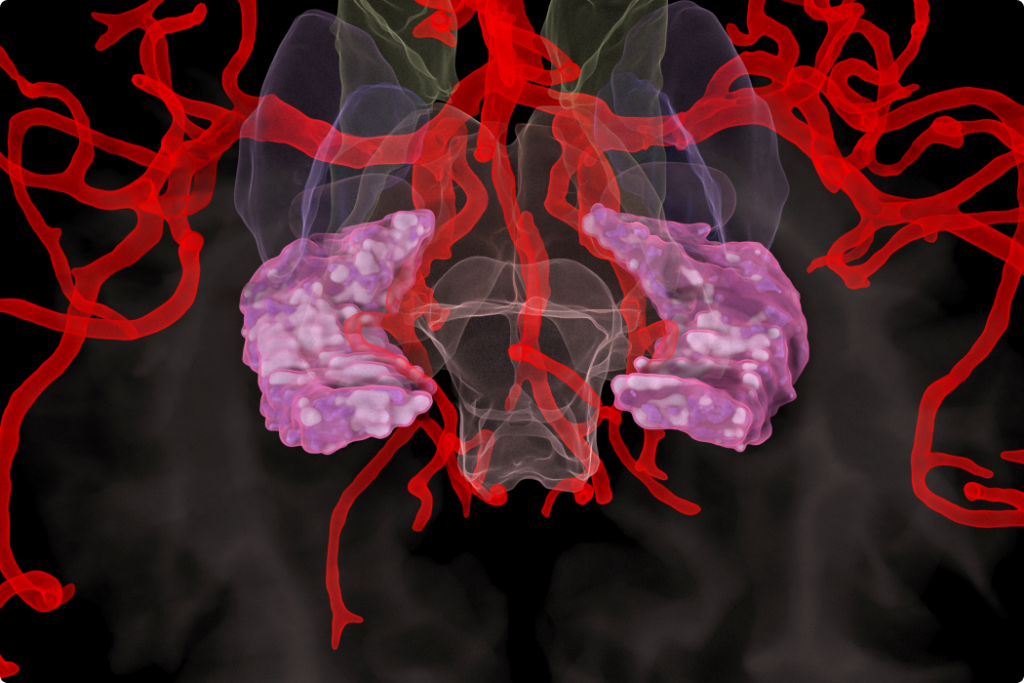
USC has 5 major cross-center initiatives.
The ADRC:1) Supports informatics, develops biomarkers, recruits participants, and trains the next generation of clinical ADRD researchers.
2) Collaborates to develop new MR imaging sequences and evaluate these in participants who have undergone previous standardized imaging.
3) Encourages training to cultivate experts in neuroimaging, advanced brain imaging modalities, informatics, analytics, and artificial intelligence approaches.
4) Cultivates and supports demography research and addresses disparities.
5) Provides support to develop a registry, recruit translational physician-scientists, and promote memory clinic growth.
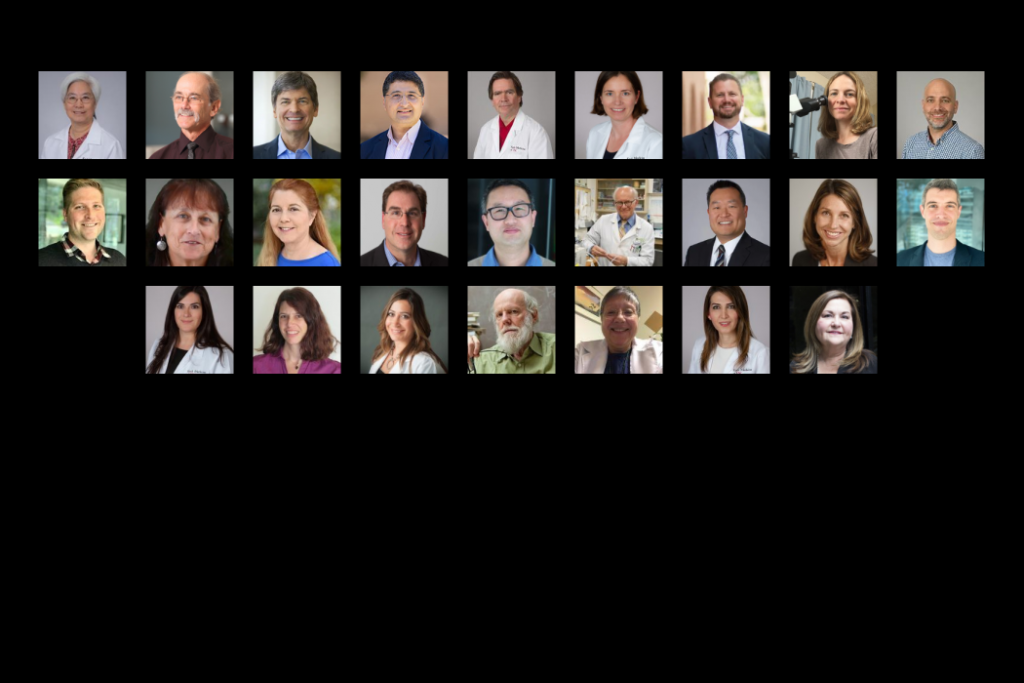
We built an outstanding team.
We recruited established investigators and mentored early-stage investigators at USC. As a team of multi-disciplinary experts and the source of integrated, standardized, multi-dimensional data, the USC ADRC serves as a local catalyst and national collaborator in ADRD research.Learn more about our team here.
